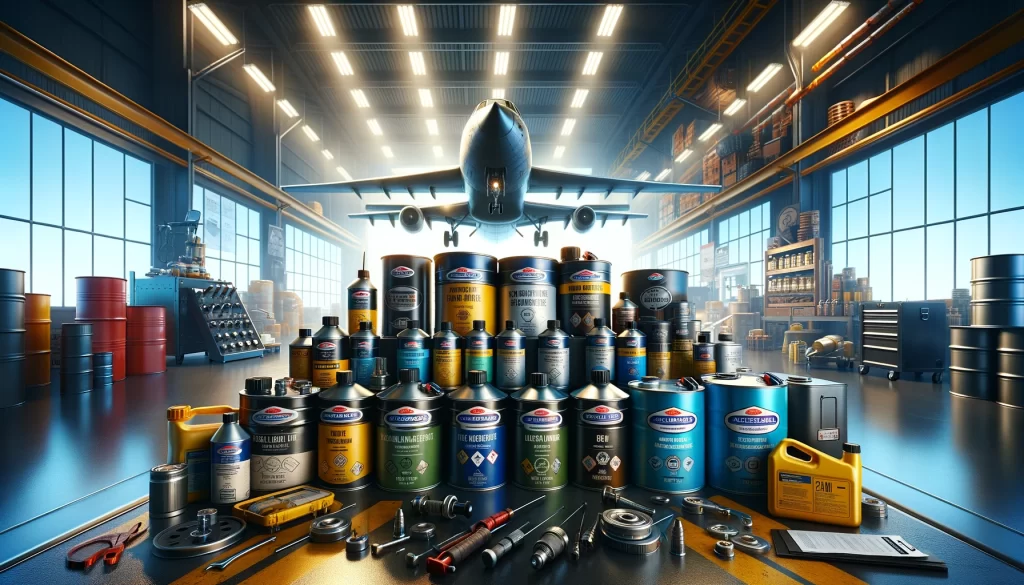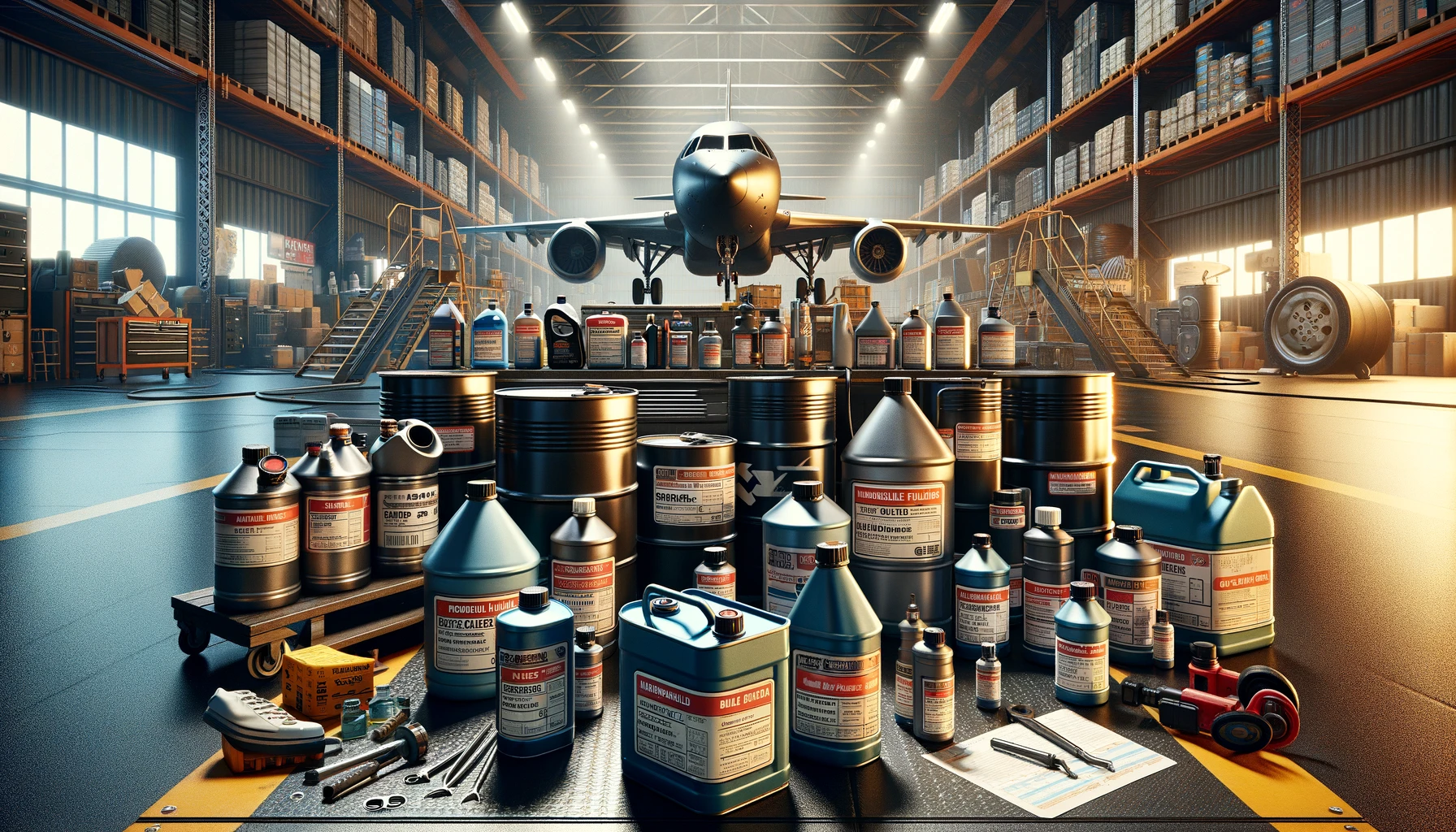One of the most important components of any airplane is the hydraulic fluid present inside, and that’s because hydraulic fluid is the piece that brings together the whole system, providing enough force to allow things like pilot control over the wings and the landing gear, and allowing that landing gear to handle the weight of an entire plane. Since this fluid is so integral to a plane, keep reading to find out how to decide which kind is best for you.
1. Consider temperature ranges
Planes come in all shapes and sizes and have a variety of internal components, and, as a result, they have unique internal environments to which everything from engine oil to Skydrol has to adhere. Your plane, like all planes, will have a temperature range that has been tested by the manufacturers and included in the vehicle’s manuals, and this value will need to be referenced when you’re shopping for hydraulic fluids since different categories can withstand different levels of heat. Getting fluid that can efficiently function in your plane’s temperature range is the ideal case, but if you get one that has a lower recommended temperature range, you may find that it begins to boil or evaporate, leaving you no better off than before.
2. Safety features
Though many people don’t realize it, hydraulic fluid does have a few safety features that are vital to the normal functioning of any plane, and perhaps the most important of these features is fire resistance. Fires are common faults that occur in planes and can occur as a result of anything from electrical shortages to parts malfunctioning, and the fluid inside the plane can help to dampen the fire and even cut it off from oxygen if it’s resistant enough. If you shop for fluid that can put out fires, you’ll have an extra layer of defense against fire, and you’ll be able to ensure no other parts get damaged in case one does break out in your plane.
3. Service life
When you’re flying an aircraft, it’s crucial to make certain all of the components and components contained in it are up to date and in their prime operating circumstance, and that’s because the one-of-a-kind systems contained in a plane all rely on each different to characteristic well. Once your fluid expires, it’ll have to be replaced right away for this very motive, so it’s crucial to make certain you get a kind of fluid that has a protracted provider life so that you can hold your plane at its exceptional working capacity for so long as viable, getting the great value for money you can.
Real Also: Escórpio in the Stars: A Comprehensive Guide to Passion, Relationships, and Triumph
4. Storage requirements
The fluid you get will probably be purchased in bulk to have in case there’s an emergency or some other use somewhere in the airport, and that means you’ll have to store the excess fluid you have after your maintenance needs are met. Some types of fluid have very specific storage needs, which means you’ll need to ensure you have the facilities to store all of this fluid, whether it’s in extremely cold conditions, in a refrigerator, or some other kind of storage. If you opt for a fluid type that’s expensive and provides a premium service but has a storage requirement you aren’t able to meet, you’re better off not buying it.
5. Fluid compatibility

You may have a lot of different planes in your fleet, and getting different kinds of hydraulic fluids for each of them can be draining on both your free time and your bank account, which is why it might be best for you to investigate and find out which fluid types are compatible with all of your planes. When you have this information, you’ll be able to purchase compatible fluid across many of your planes, so storage and use of it will be far more efficient.
Final Thought
Hydraulic fluid is a core component of any plane, to the extent that a plane without this fluid won’t be able to function at all, which is what makes it such a necessity. However, suppose you’re interested in caring for your plane and preserving its normal functions. In that case, you’ll have to choose a fluid type that is more beneficial and easier to work with for your plane, judging it on its merits based on things like viscosity, fluid quality, etc.

